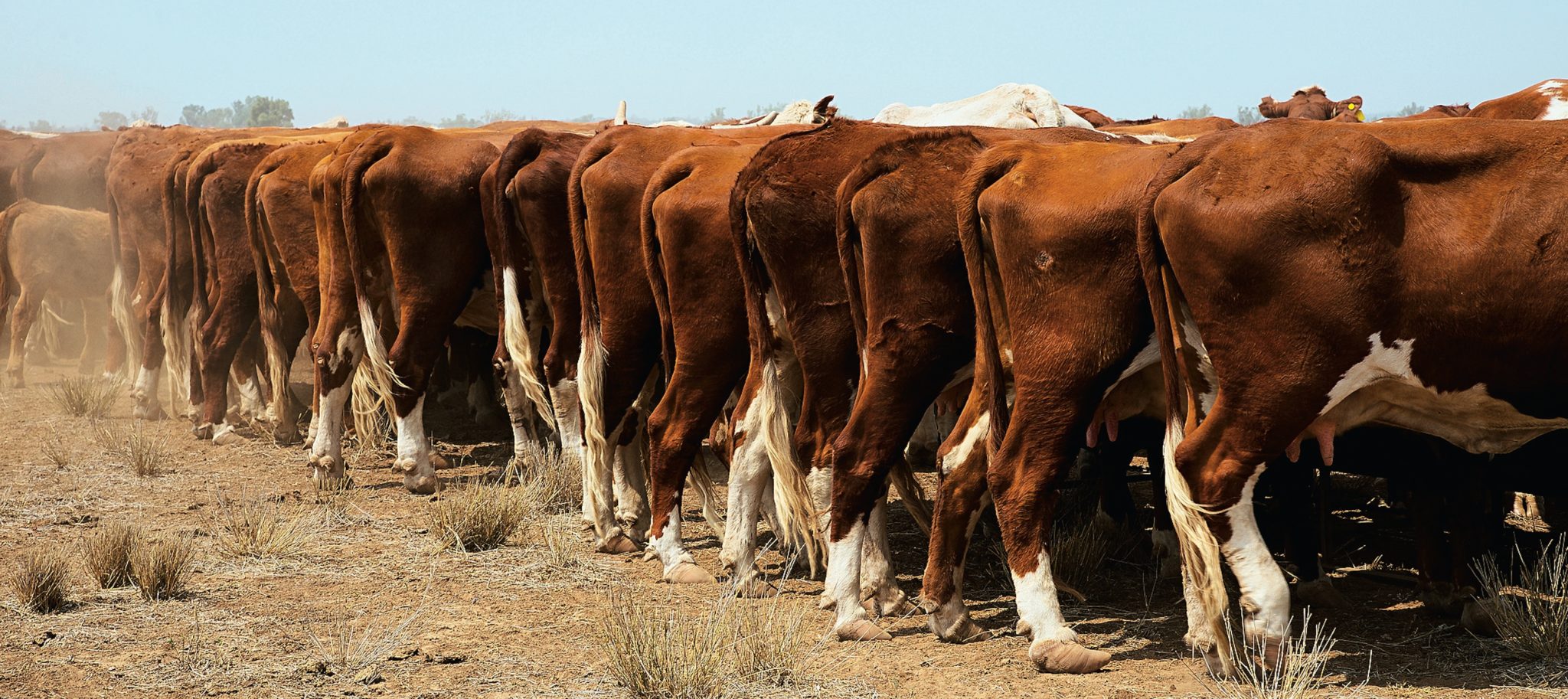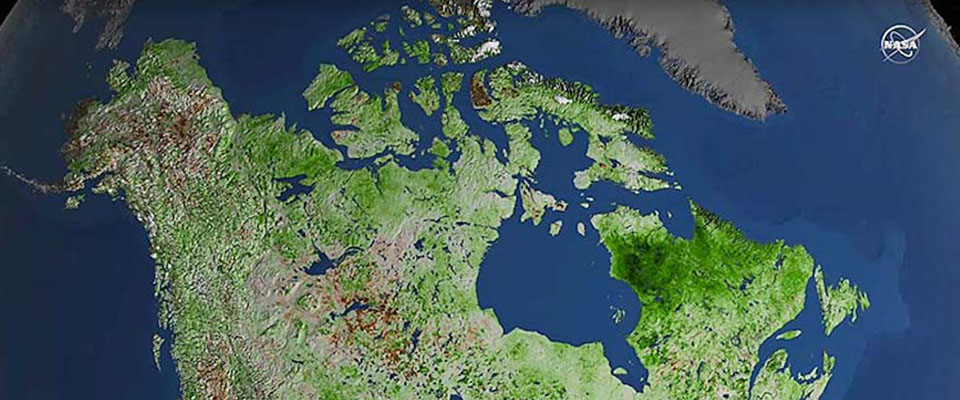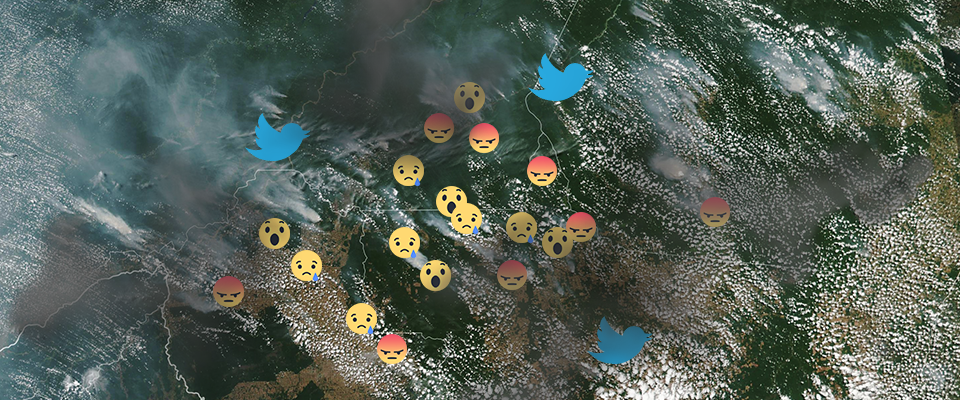Giving up hamburgers and ice cream in the next 15 years could save us from global climate catastrophe, according to a new study published in the journal PLOS Climate.
The study makes two main claims: First, that a major reduction in animal agriculture will stabilize global warming for 30 years. Second, if the land used for animal agriculture was instead “rewilded” (i.e., restored to its natural, uncultivated state), it would act as a carbon sink. In other words, the complete halt of all animal agriculture and rewilding of that land would not just stop new greenhouse gas emissions, but also absorb some from the atmosphere. The cumulative benefits would be equivalent to an almost 70 percent decrease in carbon dioxide emissions every year. While this scenario is extremely unlikely, Berkeley genetics professor and the paper’s co-author Michael Eisen argues it is “something we have to do.”
“There is an amazing potential to do something that no other existing scalable technology has, which is to actually reduce atmospheric levels of all three major greenhouse gases [methane, carbon dioxide, and nitrous oxide],” Eisen told Vox.
It is no secret that meat and dairy consumption is contributing to climate change. According to the United Nations Food and Agriculture Organization (FAO), 37 percent of methane and 65 percent of nitrous oxide emissions come from livestock. The Environmental Protection Agency states that methane is more than 25 times more potent than carbon dioxide, and nitrous oxide is about 300 times more potent.
The study is peer-reviewed, and all the data, gathered by sources including the UN’s FAO, is publicly available. But both authors are shareholders in Impossible Foods, a company that makes plant-based meat alternatives (Stanford professor emeritus Patrick Brown is the founder and “chief visionary officer,” and Eisen is an advisor).
When Time magazine asked about this conflict of interest, Brown said that he “had zero fundamental interest in being in the food business.” Instead, he “realized that the only way we’re going to solve this impending climate disaster was to find a way to drastically reduce the scale of animal agriculture. Impossible is a consequence of my concern about these environmental issues. It’s not the other way around.”
The authors used agricultural data from 2019, the most recent full-year datasets that were available, to play out three climate scenarios: immediately switching to plant-based diets, a gradual switch over 15 years, and replacing only certain animal products.
“Eliminating animal agriculture would have a quicker and greater impact over the next 20 to 50 years, the critical window for avoiding climate catastrophe, and thus should be at the top of the list of potential climate solutions,” Brown told Technology Networks. While the paper’s authors acknowledge that this outcome is extremely unlikely and potentially logistically impossible, Eisen explained that they focused on this ambitious target because they wanted “people to realize just what kind of potential climate benefit we’re sitting on.”





















